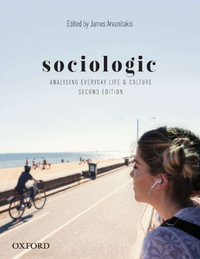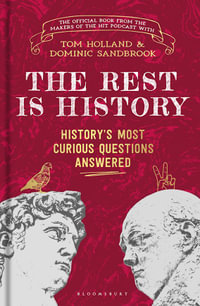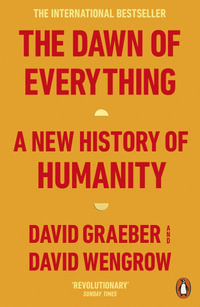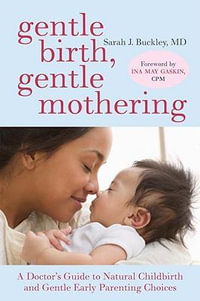These are reviews of this book under its original title Mishpokhe
-Mishpokhe is the Yiddish word for relatives. William Mitchell's monograph describes the interactions of the mishpokhe in his study of two types of Jewish family clubs... [T]his volume makes a contribution both to the field of family studies and Jewish ethnography. I would add that it also makes a significant contribution to the area of anthropological field research and can provide us all with greater insights into our own behavior and presentation of self when next we enter the field.-
--Myrna Silverman, American Ethnologist
-Mishpokhe... is a straightforward account of family circles and cousins' clubs among East European Jewish immigrants to New York City and their descendents... As an ethnography the book is intentionally limited to a focus on the clubs and circles, per se. Mitchell has included a substantial amount of direct speech from his informants' interview responses, written statements, and other commentary. This material adds a valuable dimension to the book and gives some sense of the tone of the associations and of members' perceived relations to the clubs and to their lives in a broader sense... The people whom Mitchell studied were, in large part, the cultural descendants of the Jews of the shtetls (-small towns-) of Eastern Europe... No comparable study has been attempted.-
--Janet Dolgin, American Anthropologist
-While working on a larger research project on Jewish family and kinship, William Mitchell learned of the existence of Jewish -family clubs- (family circles and cousins clubs). As an anthropologist, Mitchell was quick to recognize the importance of studying more closely this uniquely Jewish cultural institution within the context of kinship patters in post-industrial societies. Using informants, survey research, and participant-observation, Mitchell presents a meticulously constructed analysis of the structure and dynamics of Jewish family clubs... Beyond the excellence and thoroughness of that discussion, the book contains much primary data of interest to students of the ethnic family in general, and the Jewish group in particular.-
--Bruce A. Phillips, Contemporary Sociology
-Mitchell has accomplished a great deal in penetrating the heretofore remote world of Jewish family clubs--a feat all the more impressive in that he is not Jewish... Mitchell has been able to capture the subtlety and nuance of intimate interaction while offering broader sociological theories at the same time.-
--Richard Benkin, American Journal of Sociology
These are reviews of this book under its original title Mishpokhe
"Mishpokhe is the Yiddish word for relatives. William Mitchell's monograph describes the interactions of the mishpokhe in his study of two types of Jewish family clubs... [T]his volume makes a contribution both to the field of family studies and Jewish ethnography. I would add that it also makes a significant contribution to the area of anthropological field research and can provide us all with greater insights into our own behavior and presentation of self when next we enter the field."
--Myrna Silverman, American Ethnologist
"Mishpokhe... is a straightforward account of family circles and cousins' clubs among East European Jewish immigrants to New York City and their descendents... As an ethnography the book is intentionally limited to a focus on the clubs and circles, per se. Mitchell has included a substantial amount of direct speech from his informants' interview responses, written statements, and other commentary. This material adds a valuable dimension to the book and gives some sense of the tone of the associations and of members' perceived relations to the clubs and to their lives in a broader sense... The people whom Mitchell studied were, in large part, the cultural descendants of the Jews of the shtetls ("small towns") of Eastern Europe... No comparable study has been attempted."
--Janet Dolgin, American Anthropologist
"While working on a larger research project on Jewish family and kinship, William Mitchell learned of the existence of Jewish "family clubs" (family circles and cousins clubs). As an anthropologist, Mitchell was quick to recognize the importance of studying more closely this uniquely Jewish cultural institution within the context of kinship patters in post-industrial societies. Using informants, survey research, and participant-observation, Mitchell presents a meticulously constructed analysis of the structure and dynamics of Jewish family clubs... Beyond the excellence and thoroughness of that discussion, the book contains much primary data of interest to students of the ethnic family in general, and the Jewish group in particular."
--Bruce A. Phillips, Contemporary Sociology
"Mitchell has accomplished a great deal in penetrating the heretofore remote world of Jewish family clubs--a feat all the more impressive in that he is not Jewish... Mitchell has been able to capture the subtlety and nuance of intimate interaction while offering broader sociological theories at the same time."
--Richard Benkin, American Journal of Sociology
























